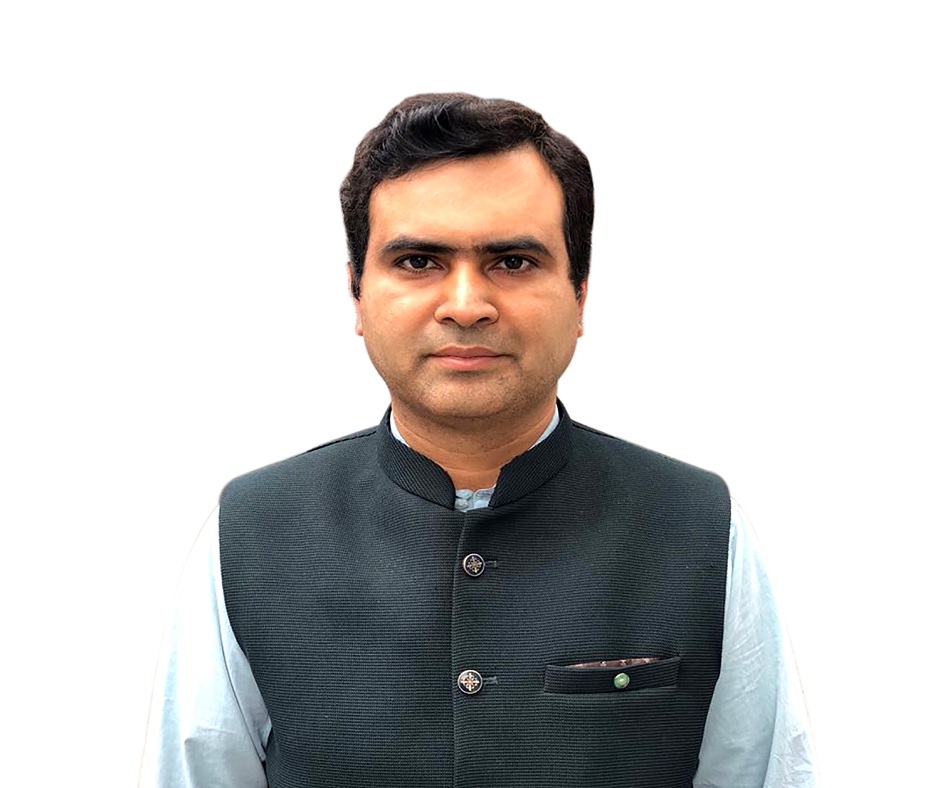Jus Law Offices, a 25-year-old firm based in New Delhi with
international reach, offers comprehensive legal services in
litigation, arbitration, commercial suits, matrimonial
matters, criminal cases, debt recovery, property disputes,
labor laws, and IPR. Known for professionalism and
efficiency, we combine decades of expertise, technology,
and personalized attention to deliver timely, cost-effective
solutions. Trusted by businesses, governments, and
individuals, we uphold the highest ethical standards while
addressing complex legal challenges.
Jus Law Offices is an ultramodern legal service firm based in New Delhi, India. Our firm having international presence works as a single window service provider to deal with all kind of legal matters across the country. Associates of our firm are organized in accordance with the principles of team management so as to ensure that composite and integrated professional services are rendered.
We at Jus Law Offices put the quality of service that we offer to our clients above all else. We pride ourselves on building long lasting relationships with our clients, based on trust, integrity, and a deep understanding of their businesses and industries. We know what is important to our clients and that knowledge and execution is what sets us apart from our competition.
Our clients acknowledge and recognize Jus Law Offices for the professionalism and commercial perspective that we bring to transactions, our strong commercial acumen and our ability to address and resolve complex legal issues in an efficient and cost effective manner. At Jus Law Offices we understand that legal matters can be multifaceted and time consuming. For that reason, we leverage our cutting edge automation technology to streamline our processes and ensure that there is speedy delivery of services.
Founded with the mission to provide high quality legal solutions to clients, Jus Law Offices has become a trusted advisor to many businesses and organizations worldwide. Over the years, Jus law Offices has represented and advised a broad spectrum of clients including Multinational Corporation, State/Central Government Authorities, banking & financial institutions, NGOs as well as individuals. At Jus Law offices, our mission is to provide exceptional legal representation to our clients while upholding the highest ethical standards. We are committed to providing personalized attention, effective communication and unparallel service to ensure that our clients feel confident and informed throughout the legal process.

-min.jpg)




















.png)













.png)



